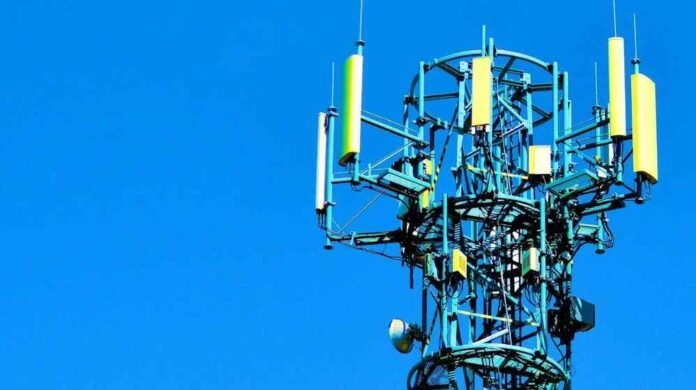The process to appoint a new Rector at COMSATS University Islamabad (CUI) has triggered significant debate, with allegations of procedural lapses and potential political influence casting a shadow over the institution.
At the center of the controversy is Dr. Raheel Qamar, recently nominated as the leading candidate for the university’s top post. His nomination has drawn criticism from faculty and academics who argue that the selection process did not follow established legal and institutional protocols.
Senate’s Role Questioned Amid Alleged Bypass of Search Committee
On August 20, a special Senate meeting chaired by the Federal Minister for Science and Technology was held under the COMSATS University Act 2018. The meeting produced a shortlist of three candidates for the Rector position.
However, insiders claim the Senate bypassed the legally mandated Search Committee, responsible for vetting candidates and ensuring transparency. According to sources, the committee had recommended either re-advertising the vacancy or selecting from previously shortlisted applicants, but the Senate proceeded independently.
A senior faculty member, speaking on condition of anonymity, stressed, “The Search Committee exists to safeguard merit and fairness. Ignoring its recommendations undermines the principles of governance that a leading university should uphold.”
Potential Repercussions for Reputation and Funding
COMSATS University, widely recognized for its contributions to science and technology, now faces scrutiny that could have broader implications. Academic peers and international partners are reportedly questioning the university’s governance standards, raising concerns about trust and credibility.
“If internal conflicts continue unchecked, CUI could risk losing funding opportunities, partnerships, and its standing in the global academic community,” noted a former official from the Higher Education Commission.
Attempts to get a response from COMSATS University regarding the Rector appointment were unsuccessful.

